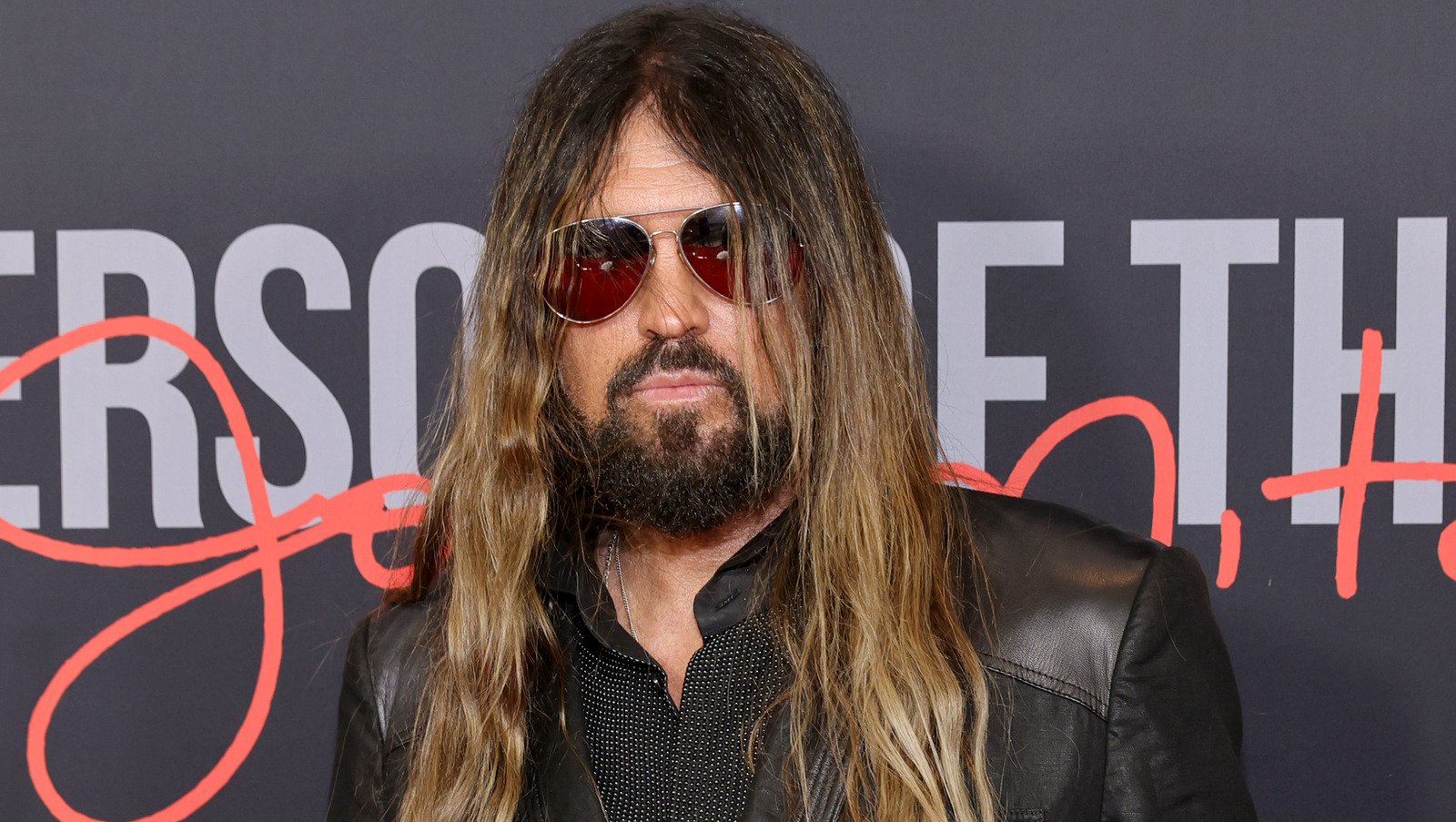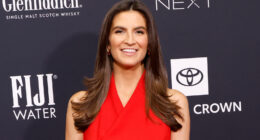Growing up, I thought of myself as a “horse girl”. I knew the importance of keeping your heels down and your back straight, how to braid your horse’s mane for dressage, and that real horse girlies mucked out the stalls themselves. I could navigate the febrile politics of a stable, handle the intensity of competition and understood why everyone looked at the new girl sideways – she had to earn her place.
Of course, I had never walked into a stable, let alone ridden a horse. I had no sleek jodhpurs folded in my closet, well-worn riding boots zipped up around my calves or favourite gelding to feed apples and Polo sweets to as a treat. My equestrian knowledge came entirely from reading books, starting with the wholesome Pony Pals and Saddle Club series from the local library, through to the tense Thoroughbred novels following the lives of young jockeys in Kentucky racing. Despite growing up in the suburbs of Brisbane, Australia, less than a half-hour drive from multiple stables, I did not once think to ask my parents for riding lessons. It would take a move to London in my mid-20s, a pandemic lockdown in the big city and that old clichéd desire to “reconnect with nature” before my equine dreams came true.
As a child, I found the horse world elusive, untouchable. I was a teen who imagined herself as a knight in shining armour, so envisaging myself as a prize-winning jockey shouldn’t have been too far a creative stretch. Yet, the domain of horses felt further out of reach than a fantasy kingdom of elves and squires. I believed I was more likely to be part of Arthur’s Round Table than a dressage rider; I started lifting weights at 12 in case the call to wear chain mail came in the post. Nobody questioned why preparing for battle felt more realistic than aspiring to a lifetime of leisure, but that says more about Australia in the 1990s and 2000s than it does my personality.
In lieu of horse riding, I pestered my poor migrant parents for lessons in myriad other unaffordable extracurricular activities. I begged to do acting classes, cross-country running, training in a stringed instrument (according to the music teacher who resembled an older Amy Winehouse, my giant hands were perfect for the double bass). From karate to choir to squash, I was obsessed with learning new skills. If only that translated to a penchant for mastering them.
Dreams of being the next Serena Williams were shattered in primary school when I appeared unable to return a single tennis ball served my way, my talent so lacking that my mother booked me in for a visit to the optometrist. When the results came in – dangerously shortsighted – she returned to the courts one last time to brandish my new spectacles in the coach’s face and inform him that I wasn’t “bad”, but suffered a “medical condition”. She had less of an excuse in grade nine. After a mere five weeks into the volleyball season, she quit, refusing to drive me to another game. I was so bad at the sport that I was embarrassing her she said, unable to stand the shame.
But my mother’s lack of belief in my sporting prowess did little to dent my confidence. Incompetence has never been a barrier to my love of new pastimes. I take hobbies seriously; not in the sense that they become a professional pursuit, or another aspect of life I feel compelled to “succeed” at. I am serious about hobbies remaining hobbies, fun things I do in my meagre time off to spark joy, furnish me with stories and provide fodder for an ever-inventive imagination. After all, the hero’s journey doesn’t really work if she’s excellent at the beginning, does it?
Sometime in my early 20s, I made a personal pledge to learn a new hobby every year. I keep things light; there is no obligation to continue once the year has ended, or even see the year out, unless particularly enjoyable. The pledge is about staying curious, casting about for novel pursuits, holding on to play. Sometimes I pick hobbies that I have been keen to try for years, like bladesmithing (yes, I am aware of the ongoing Middle Ages theme here). Others are more an anthropological adventure into an unknown world, like when I bought a learn-to-ski package for my 27th birthday (there was one other Black lady learning to ski on the mountain and we became fast friends).
In early 2022, after the last batch of lockdowns had come to a close, I knew I needed a change. Months holed up in an east London studio flat had left me aching for spaces that were vast and green, for movement and connection unmediated by pixels. The moment had arrived for me to realise my equestrian potential, time to become “not just a girl” but “a Saddle Club girl!” Soon after, on a grey morning, two tubes and a 20-minute walk away from home, I found myself standing in front of a paddock, in skinny jeans and borrowed boots, ready to fulfil my horse riding fantasy.
Post ride, my fingers were numb from the lack of blood circulation, my muscles burned and the thick, dark mud of the paddock caked the backs of my calves. Did it feel magical? I spent an hour sitting multiple feet up in the air, was yelled at by an instructor in a way I hadn’t been spoken to in years – shorten the reins, leg on, lean back, arms down, leg on, leg on, LEG ON! – as I trotted around the arena in a shameful attempt at a circle.
But as I rode, the sun emerged lazily from behind the fields. A chilly haze hung languid over the paddock and my hot breath was visible in the air. After the lesson, I warmed my fingers on a mug of hot chocolate and nattered to my horse until it was time to go home.
Did it feel magical? You bet your lucky horseshoe it did.
After the trial, I bought as many lessons as my freelance income would afford me, and kept going back. Rain or shine, I carved out the hours in my day to catch the tube to the end of the line and walk into an alternate universe, where muddy boots were welcome and unsmiling young riders were part of the charm. Riding took me out into the natural world, disconnecting me from whatever freight train of anxiety was coursing through my body that day, and brought me back to life. Horses, I would learn, were prey animals, exquisitely sensitive and dependent on flight for survival. If you were stressed, they would be, too. The horses forced me into paying attention to my breath, my body, the present. No matter what was tearing my life apart on the way to the stables, by the end of the ride, it had faded into insignificance, and I could face the world again.
Having started in the paddock, that was not where I wanted to stay. I wanted to roam free, take to the open fields, nudge my steed and gallop into the distance, letting the wind run through my hijab. I wanted to go on a “hack”.
Hacking, it transpires, isn’t only computer breaking-and-entering. It’s the “act of pleasure riding for light exercise”, the ticket to being a true lady of leisure. Word on the trail was that the best hack in London was at Richmond Park. So, as soon as I could confidently walk, trot and canter, I headed west.
Hacking in Richmond Park is waking up at 6am to get two tubes and a bus across town, sharing the carriage with bleary-eyed shift workers and ghosts. It’s mounting the horse you’ve been assigned that day, praying they are feeling amenable, trusting in your ability even if they’re not. It’s greeting your fellow riders, but not making too much beyond small talk, unless you’re one of the regulars on a Tuesday morning and everyone is primed for a fast hour. It’s watching the deer as if you are a 19th-century aristocrat, waiting until they’ve crossed the path before trotting past through the brush and bramble. It’s galloping across the rugby fields in the summer, cantering around the new trails in winter and gazing across the city skyline when the weather clears up, counting your lucky stars you’re alive, and here.
I haven’t made too many horse-riding friends yet, but that’s OK (I’m still the new girl). Mostly, I’ve met ex-horse girls turned corporate who are finding their way back to the saddle. I had wondered if I was going to meet fancier folk but, according to an older rider, “The real rich people own their own horses.” She had been on weekly rides with her best friend for more than 20 years. “We’re the hobbyists,” she said, her words carrying a note of apology. I smiled, willing the blood back into my fingers as I gripped the hot coffee cup. Hobbyists, I thought. Nothing wrong with that at all.
Talking About a Revolution by Yassmin Abdel-Magied is published by Penguin Random House at £16.99. Order it now from guardianbookshop.com




